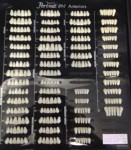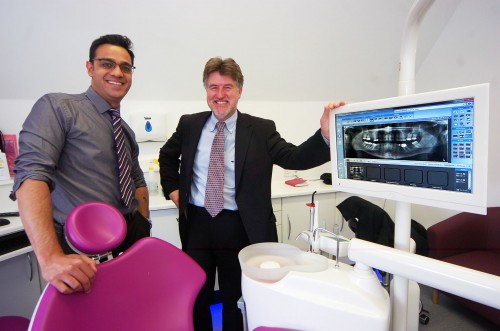Most people are fully aware of the health risks of smoking, they are, after all printed on the side of most cigarette packets.

As ‘National No Smoking Day’ on 9th March approaches we thought that now was a good time to give you more information about the implications of smoking on your teeth and gums and provide some resources for when you give up.
What effect does smoking have on my teeth?
Discolouration
Everyone has a light buildup of biofilm over their teeth, this builds up naturally throughout the day and it is this layer which we attempt to remove each time we clean our teeth. If this biofilm is left in place is too long (typically in between the teeth) it can harden and become dental plaque.
The biofilm and dental plaque are far more susceptible to picking up stain than your natural tooth, the result is that smokers often have badly stained or discoloured teeth.
Smoking and chewing tobacco also stains dentures and restorations.
Tooth wear
According to the Action on Smoking and Health research report published in January 2012 pipe smokers and smokeless tobacco users are prone to excessive wear on their teeth, which often become flat. The eventual exposure of tooth dentine can lead to deep tobacco staining.
What effect does smoking have on my gums?
Your gums are a delicate surrounding the your teeth, they help protect the roots around the teeth where they anchor into the bone. If your gums become inflamed, or start to recede, then the bone around the teeth can also begin to recede. This could ultimately result in tooth loss.
It has been estimated that smokers have between a five and 20 times higher chance of developing periodontal disease, and with that, any treatment of periodontal (gum) disease is compromised in anyone that smokes.
You therefore get a double whammy! You are more likely to contract gum disease if you smoke and if you do it is harder to treat.
What effect does smoking have on my mouth and throat?
Halitosis
Tobacco, however it is consumed whether it be smoked in a pipe, cigar or cigarette or even chewed can cause halitosis. And if you choose to smoke stronger tobacco this effect can be heightened due to the concentration of sulphur which produces the bad breath.
Smokers have a tendency to suck mint sweets to overcome this effect, these in themselves can then lead to dental erosion due to the large quantities of sugar and citric acid contained in them.
Cancer
The link between smoking and cancer is well documented, some smokers believe that if they don’t inhale the smoke fully then they stand less chance of developing cancer. Unfortunately this is not true, you stand as much chance of developing mouth cancer whether you inhale or not.
What effect of smoking have on wound healing?
Through various research studies done smoking has been found to impair healing of wounds (1,2,3).
Smokers have decreased levels of salivary and serum immunoglobulin which affects wound healing in the oral cavity and the mouth’s ability to clear pathogens. They also have decreased blood oxygenation leading to decreased oxygen delivery to the tissues which also impairs healing following oral surgery.
The loss of the blood clot that follows the removal of teeth (referred to as dry sockets or localised osteitis) occurs four times more frequently in smokers than in non-smokers.
There is also evidence which suggests that smoking inhibits healing through the effects of decreased oxygenation in the blood and tissues, and constriction of blood vessels.
So even is you have an minor mouth injury, such as an ulcer or biting your cheek then smoking can have an effect here also.
Solihull Dental Centre & Implant Clinic are supporting people quitting

To help you overcome nicotine cravings, we recommend following the “Four Ds”, aimed at reducing the urge to smoke:
- Delay: Don’t act on the urge to smoke by opening a pack or lighting a cigarette because even after a few minutes this urge will reduce.
- Deep Breaths: Take three deep, slow breaths in and out.
- Drink water: Sip it slowly and enjoy the taste.
- Do something else: Take your mind off smoking by doing some exercise, listen to music or go for a walk.
iStop Smoking Today have also produced a helpful video with a 10 step proven plan to quitting smoking. The plan involves:
- Step #1: Make a list of reasons.
- Step #2: Watch your money grow.
- Step #3: Set a date.
- Step #4: Make your list of substitutes.
- Step #5: Have those conversations.
- Step #6: Reach Out.
- Step #7: Start new activities.
- Step #8: Shop.
- Step #9: Wash and purge.
- Step #10: Stop Smoking Today!
#NoSmokingDay – countdown to the day you start to stop.
- Jones JK, Triplett RG. The relationship of cigarette smoking to impaired intraoral wound healing: a review of evidence and implications for patient care. J Oral Maxillofac Surg 1992; 50: 237-9.
- Silverstein P. Smoking and wound healing. American Journal of Medicine 1992; 93 (1A):22S- 24S.
- Rayner R. Effects of cigarette smoking on cutaneous wound healing (pdf). Primary Intention 2006;14(3):100-102,104.


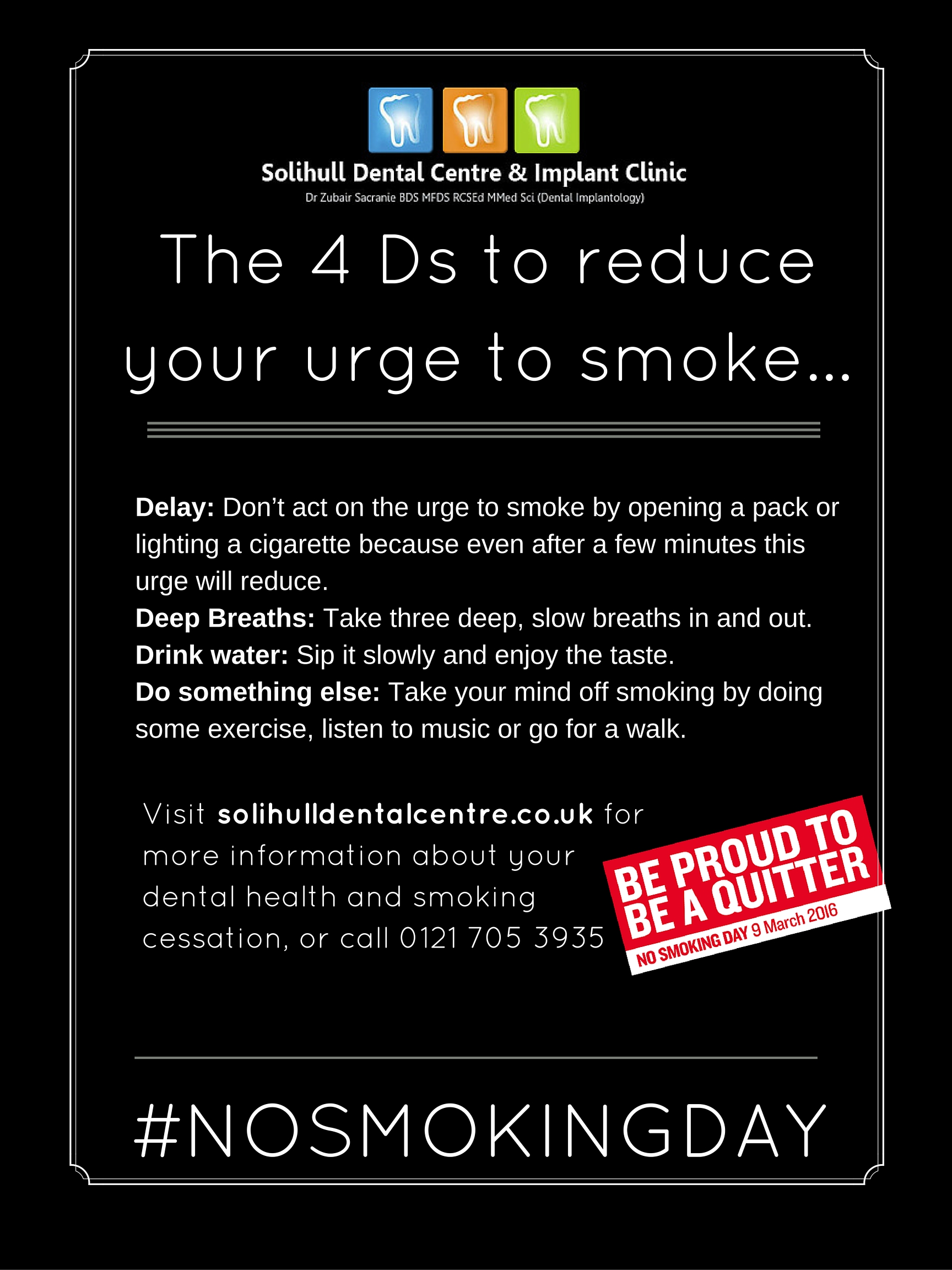

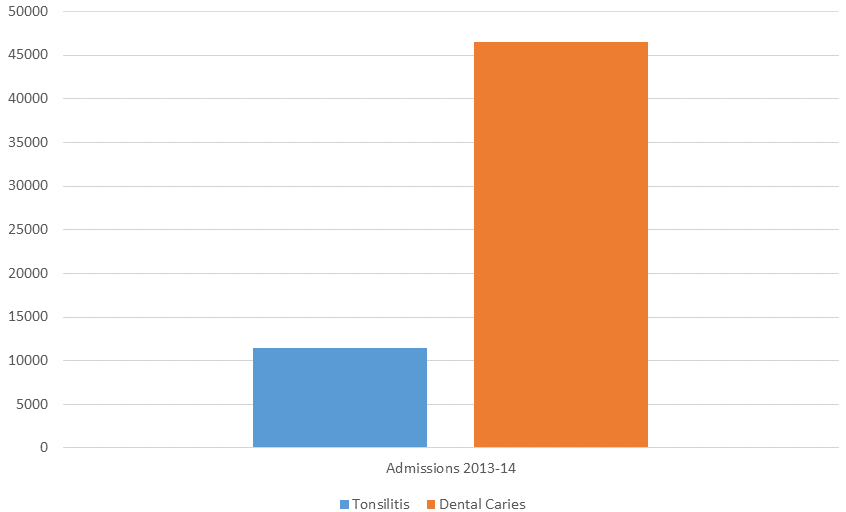

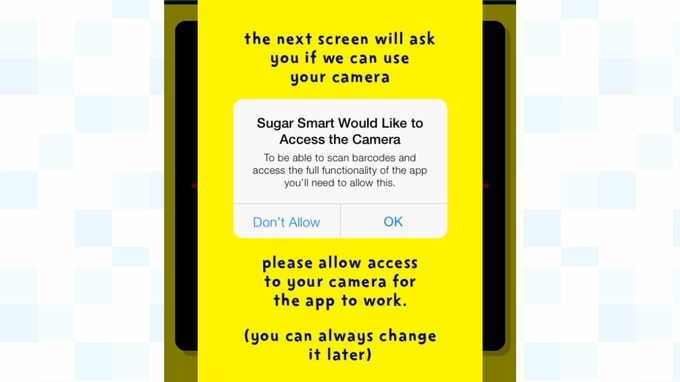


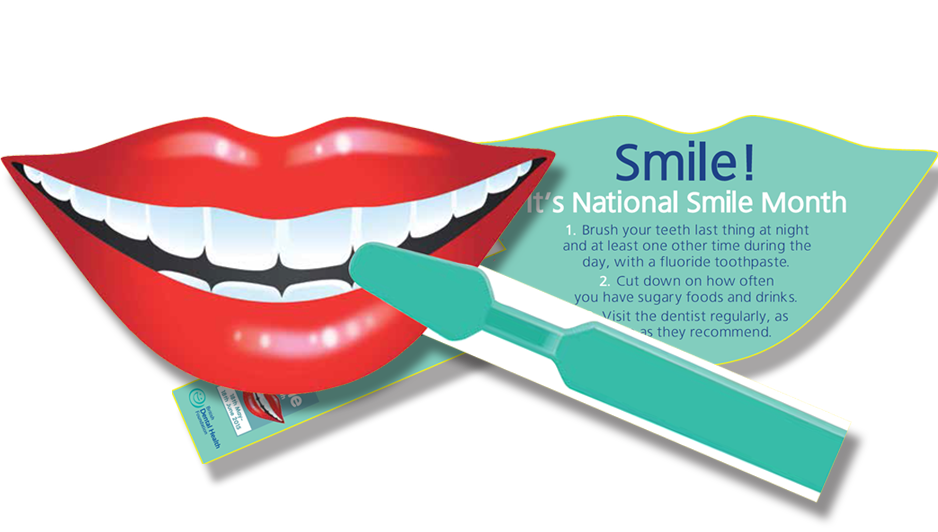
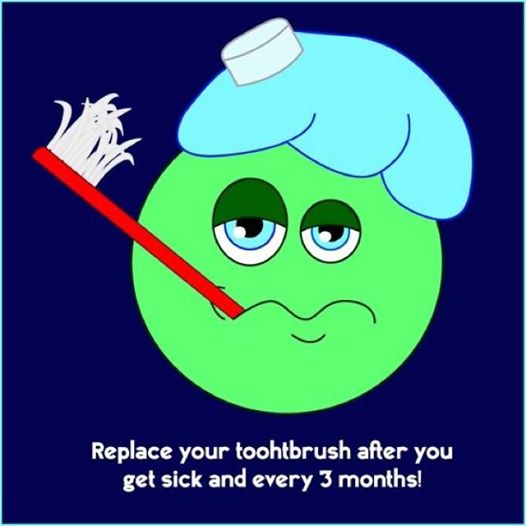


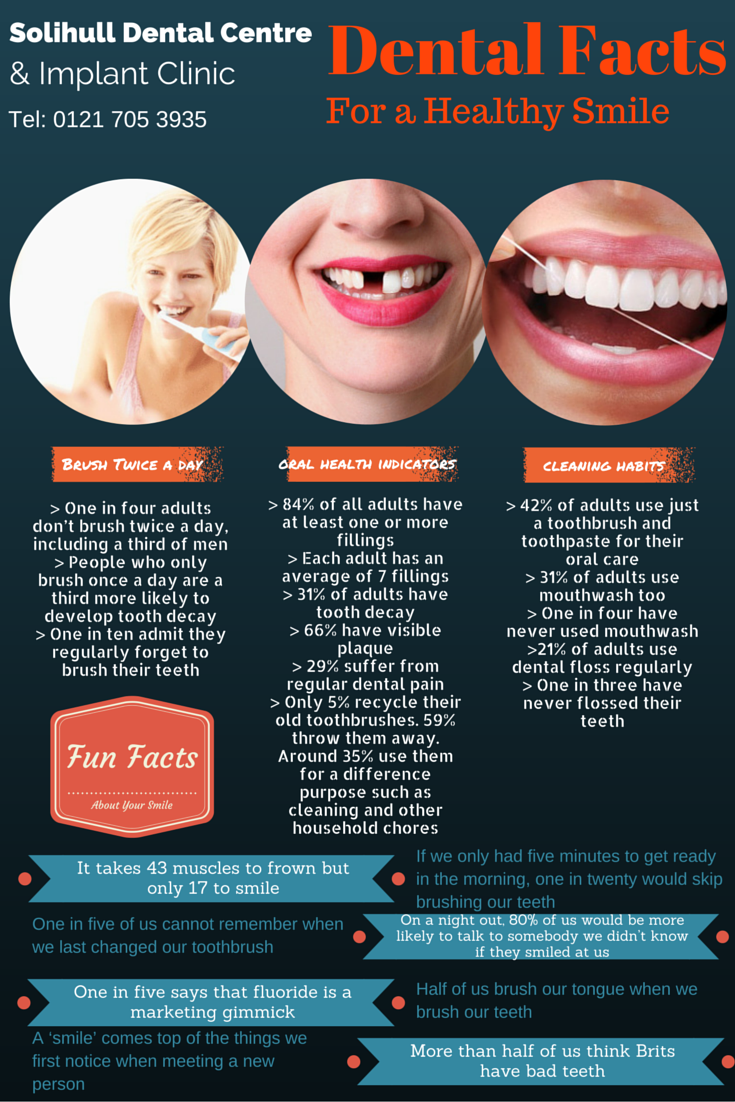


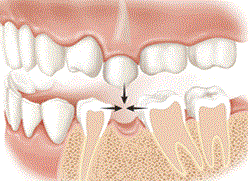
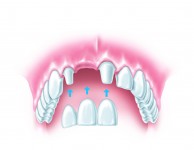
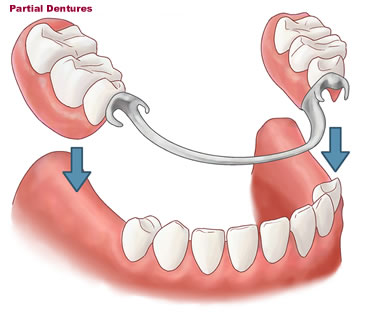 Partial dentures, those involving only a few teeth, can be held in place using clips known as clasps. These classes are typically made of stainless steel and engage in the undercut on the surrounding teeth. When you slide the denture in the clasps will click over the undercut and hold the denture firmly in place.
Partial dentures, those involving only a few teeth, can be held in place using clips known as clasps. These classes are typically made of stainless steel and engage in the undercut on the surrounding teeth. When you slide the denture in the clasps will click over the undercut and hold the denture firmly in place.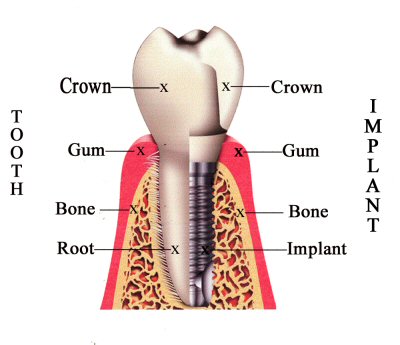

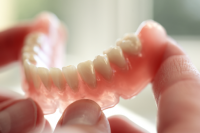 Did you know that a typical visit to a dentist for a new denture would usually involve the dentist sending your denture mould off to be made at a dental laboratory, with no clinical interaction between the dentist and technician, and no consultation between the technician and the patient?
Did you know that a typical visit to a dentist for a new denture would usually involve the dentist sending your denture mould off to be made at a dental laboratory, with no clinical interaction between the dentist and technician, and no consultation between the technician and the patient?